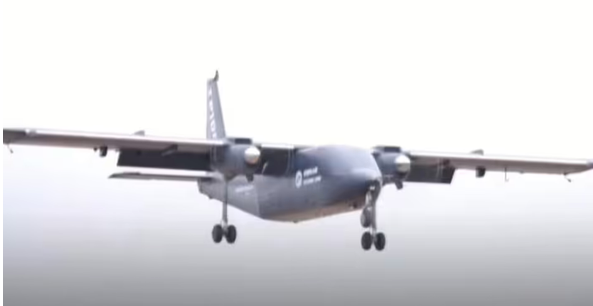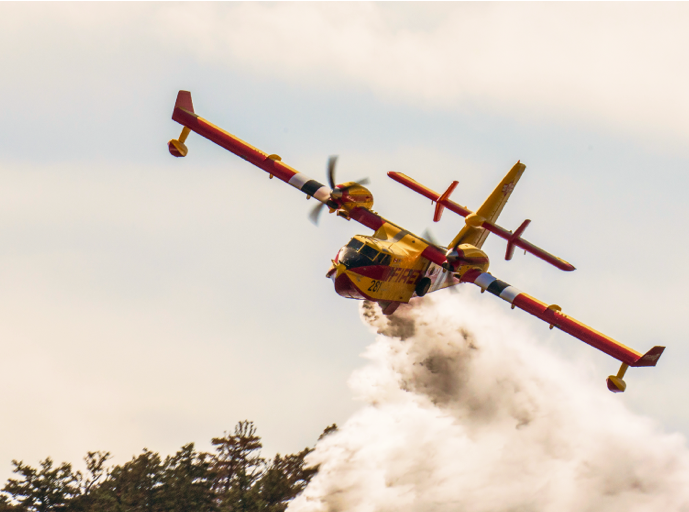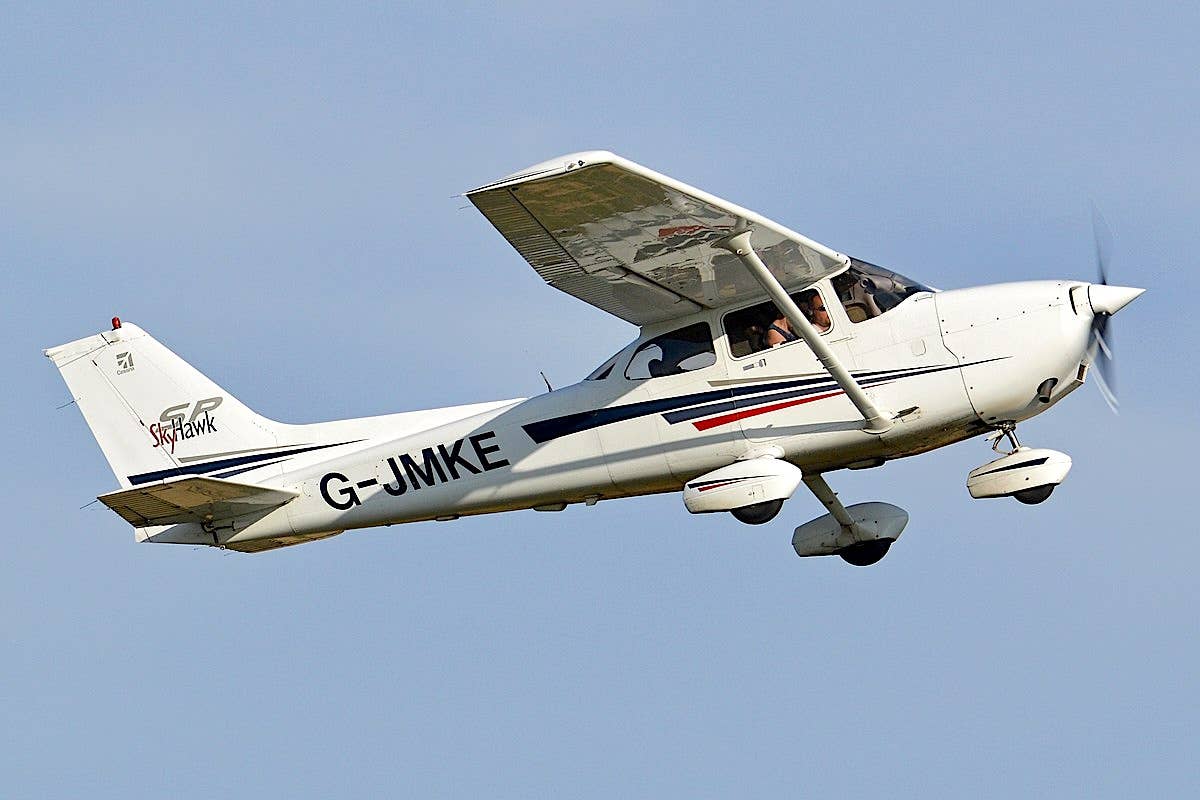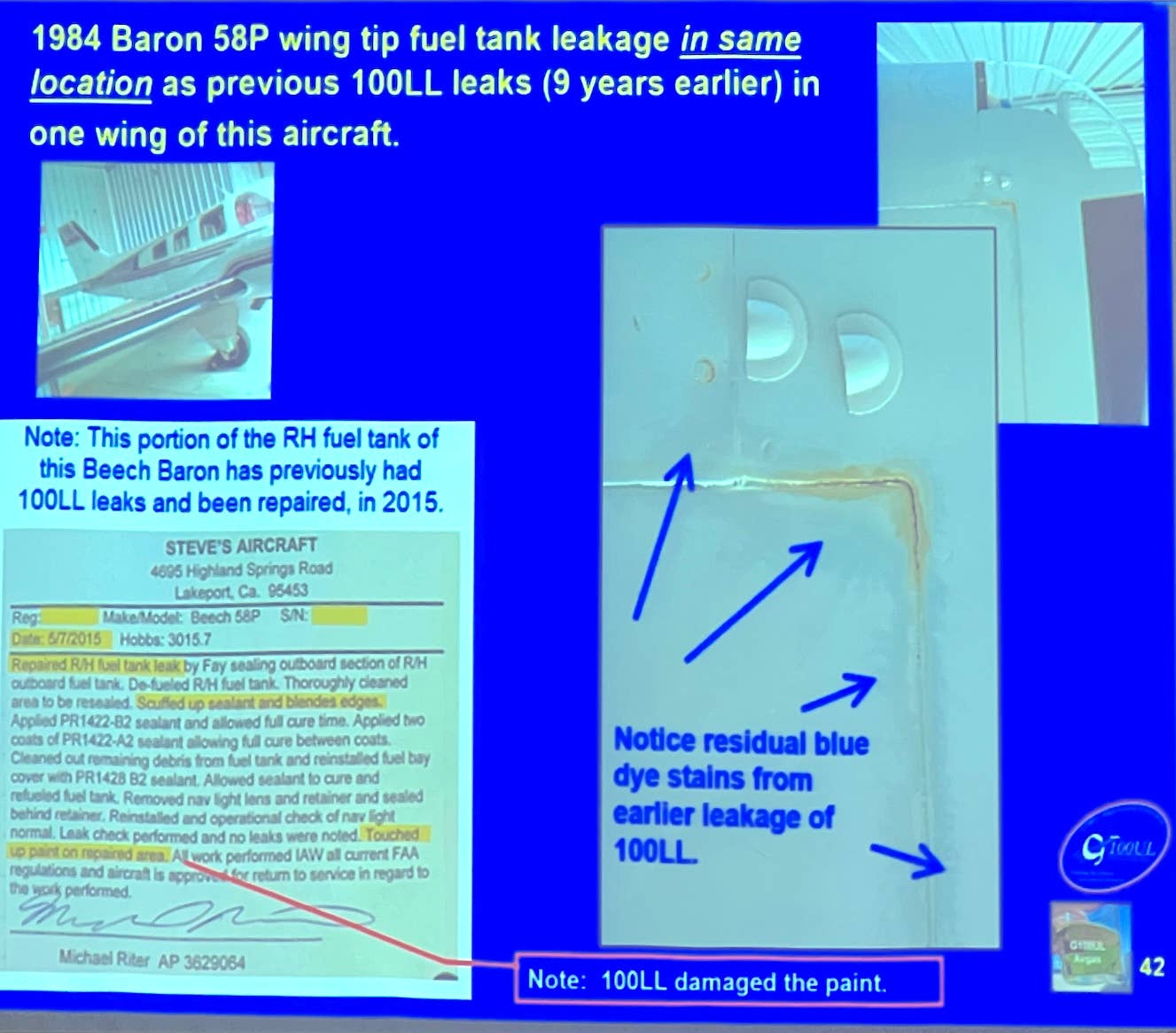Alaska Senator Blasts FAA Reauthorization On Unleaded Fuel Requirement
On the Senate floor, Alaska Senator Dan Sullivan angrily addressed the FAA Reauthorization bill, which includes provisions for transitioning to unleaded aviation gasoline by 2030. The senator had proposed a…
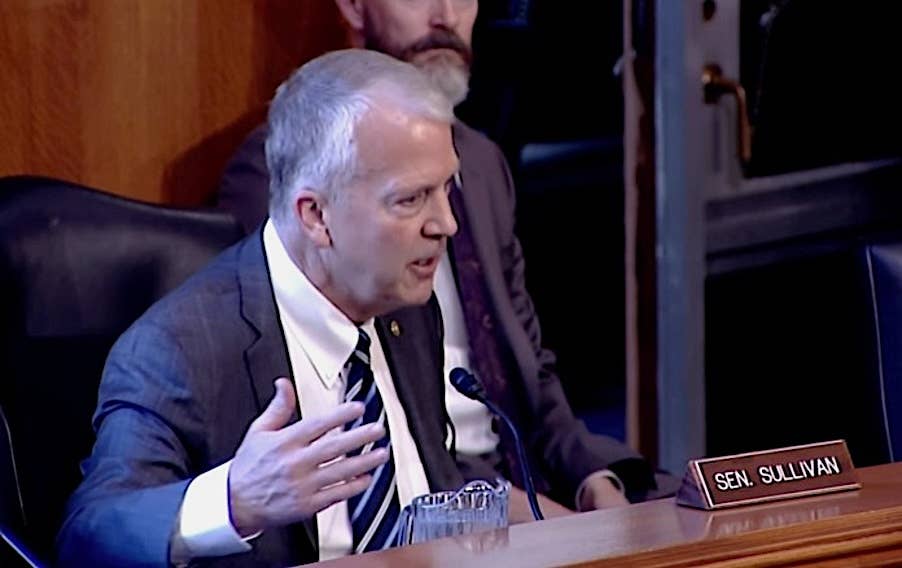
Alaska Sen. Dan Sullivan
On the Senate floor, Alaska Senator Dan Sullivan angrily addressed the FAA Reauthorization bill, which includes provisions for transitioning to unleaded aviation gasoline by 2030. The senator had proposed a four-year extension to 2034 for Alaska, which was cut to two years in negotiations.
Sullivan argues that Alaska is different from the lower 48 states in that its residents rely more heavily on general aviation, and many of the GA aircraft use 100LL leaded fuel. Statistics presented by the senator show more than 200 communities in Alaska that are unreachable by road and that there are 8,734 aircraft registered in Alaska (3% of all aircraft in the U.S.)—or 12 aircraft for every 1,000 residents. It’s unclear how many of those aircraft are piston-powered and how many of those would rely on a high-octane drop-in replacement for 100LL, such as GAMI’s G100UL, or how many could operate safely on lower-octane lead-free fuels such as Swift 94UL. One local news outlet incorrectly reported that all the engines in older aircraft would need to be replaced.
Sullivan said on the Senate floor, “I’m sick of Alaska being the target of Senate Democrats and this President at nearly every possible opportunity, all to appease their environmental activist friends with heavy wallets; aka ‘eco-colonialists.’ They say they care about the rights of Indigenous Americans, yet they don’t listen to their concerns, and they undermine their economic opportunities and safety all the time because that’s what the eco-colonialists do.”
In a post on X, Sullivan wrote of his request for a four-year extension, “The Chair and Ranking Member of the Commerce Committee—Democrat Maria Cantwell and Republican Ted Cruz—both supported this exemption. But, without any data supporting the move, the EPW Committee Democratic staff slashed Alaska’s four-year implementation extension in half.”


